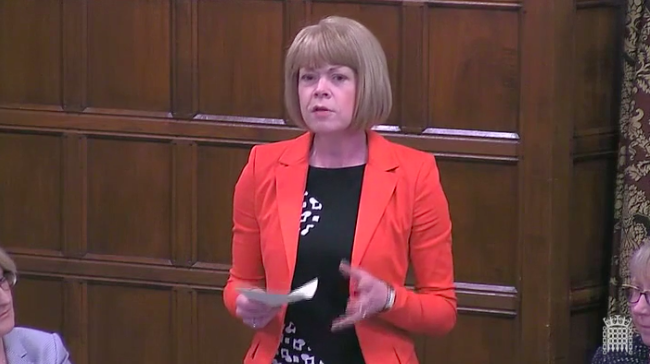With the local elections behind us, the focus is firmly on the EU Referendum. In/Out, Remain/Brexit, the debate and commentary will continue to polling day. Of that at least we can be certain! This will be an historic vote, a chance for us all to have our say at the ballot box, a chance we have been given thanks only to this Government. I hear from those who have already decided which way to vote, and those wanting more information. It has long been my view that it’s time for us to have our say, but it is equally important that both sides of the argument are heard and, for those wanting to know more, to reach an informed decision. I expect leaflets through our letterboxes from both campaigns, but in the meantime, I thought it may be helpful to share with you the details of an on-line information hub set up by the House of Commons Library where you can find all the research documents it has produced on issues relating to the Referendum debate. You can visit the on-line blog at http://www.parliament.uk/eu-referendum.
Last weekend was Rotary Health Awareness Day in Aldridge. When I popped by to chat with fellow Rotarians, a steady stream of people had called in for a free blood pressure check and blood sugar test. I duly had mine tested and was declared ‘normal’! Initiatives like this are an excellent way of raising awareness and we must thank Aldridge Rotary Club and all those who volunteered on the day to organise this event.
Raising awareness of health issues is important to us all. This week is Dementia Awareness Week 2016, led by Alzheimer’s Society, an organisation I have worked with in the past, and which I hope to do so again.
Dementia costs the UK a staggering £23 billion a year, which is more than the cost of cancer, heart disease or stroke. It is worrying that the diagnosis rate has been historically low, and therefore I welcome the Government’s objective and work they are doing to be a world leader in fighting dementia and their commitment to improve diagnosis, care support and research. As vital research continues, the condition does not go away, and we must recognise the impact that dementia often has on families and carers. It can be very difficult to look after someone who has dementia, especially in the early stages before they are diagnosed. The challenge of helping people to live with the condition has to be met in part by the community too. I would therefore urge anyone who has the chance to take the short course and become a Dementia Friend to do so. Like me you will gain more awareness and a vital understanding of how to help in small practical ways.

